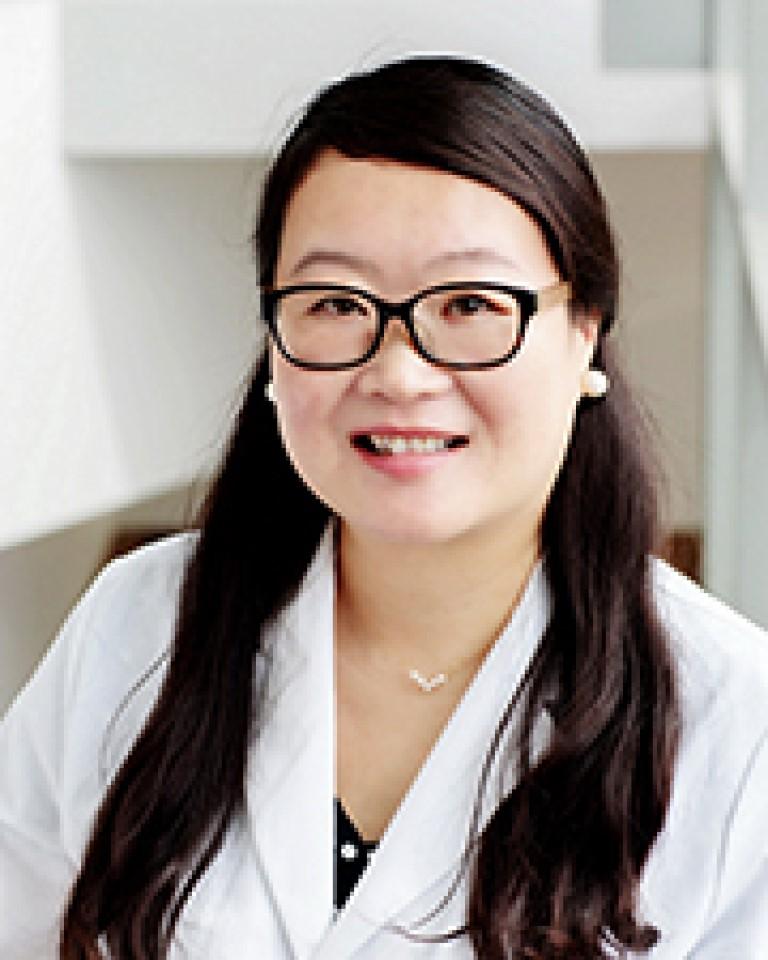Mei He

MENTOR SPOTLIGHT | SUMMER 2020
Department: Department of Chemical and Petroleum Engineering, Department of Chemistry
Describe your research/creative scholarship in a few sentences that we can all understand: Our research group is interested in studying the human immunity using nanodelivery and biological programming strategies, which can be employed in advancing cancer immunotherapy, regenerative medicine, and precision therapeutics.
Q: How did you first get interested in doing research or creative work?
A: I was introduced to research when I was an undergraduate student. I had good mentors who brought me into research discovery.
Q: What do students in your discipline learn by doing research that they wouldn’t learn by just taking classes?
A: Students can learn and practice their critical thinking and problem-solving skills which they wouldn’t learn by just taking classes. Knowledge application is a more advanced skill than simply knowledge understanding. Then students will have their own ability for knowledge translation and creation. Those skills will help students with life-long learning and growth.
Q: What do you find to be the most exciting part of doing research or creative work? What makes this line of work meaningful and interesting to you?
A: Doing research is always searching and finding something new, which makes me very excited. Such work is very meaningful, especially when you created something new or solved challenges to help the community.
Q: What advice do you have for undergraduates interested in doing research in your field?
A: Being a life-long learner and always keeping strong scientific curiosity will definitely help with your research development. Get good mentors around you and you will appreciate their advice.
Q: For many students, doing research or a larger creative project is the first time they have done work that routinely involves setbacks and the need to troubleshoot problems. Can you tell us about a time that your research didn’t go as expected? Or about any tricks or habits that you’ve developed to help you stay resilient in the face of obstacles?
A: It is very common that research does not go as expected. I had so many and nearly every day when I was an undergraduate researcher. So don’t feel bad or frustrated. I enjoyed the most the times when I finally figured them out. My tricks are following hypothesis testing strategy, always double checking and ruling out possibilities, and utilizing literature and surrounding resources.
Q: How do you spend your time outside of work?
A: I have a 7-year-old boy and a newborn baby girl this year. My spare time definitely is occupied by kids and watching them growing. I've always liked discovering new things since I was a child. If I am not a scientist, I would like to be a greeting card designer or paleontologist.